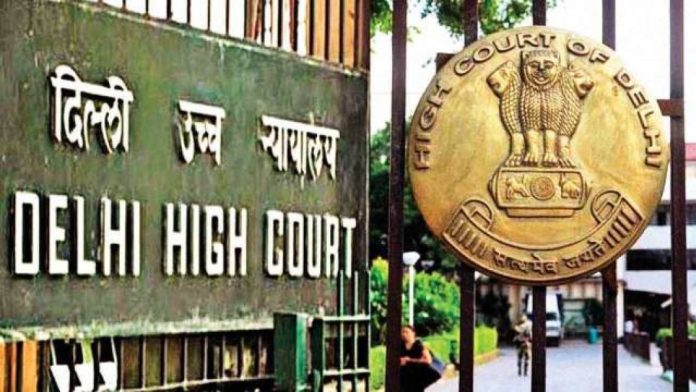The Delhi High Court has granted parole to a 41-year-old murder convict to have a child through In-Vitro Fertilization (IVF) on the grounds that right to procreation and parenthood was a fundamental right of a convict, protected under Article 21 of the Constitution.
The single-judge Bench of Justice Swarana Kanta Sharma noted that though this right was not absolute, but depending on the context and by considering factors such as the prisoner’s parental status and age, a fair and just approach must be adopted to preserve the delicate equilibrium between individual rights and broader societal considerations.
It ruled that Judiciary in Bharat has always stubbornly refused to hold that prisoners have no fundamental rights.
The single-judge Bench said following the same tradition as handed over by judges of the Supreme Court and this Court, it was respectfully taking the intent to interpret the constitutional rights in favour of upholding and including new situations and challenges.
The single-judge Bench further observed that right to parenthood and procreation was a fundamental right of a convict in peculiar circumstances of a case.
It noted that being convicted and imprisoned did limit many aspects of a married life but the courts must consider how denying parole to the convict will impact his future life in the light of the principle that punishment after conviction was not to punish but to reform.
The order was passed on a petition filed by one Kundan Singh, who has already spent 14 years in jail after conviction in a murder case.
The convict sought parole on the grounds that he was 41 and his wife was 38. They did not have a child and want to protect their lineage by way of procreating. The petitioner said he wanted to get certain medical tests and have a child through In-Vitro Fertilization (IVF).
The single-judge Bench held that if the rules did not provide for a particular specific ground, it cannot bar a Constitutional Court to go beyond the specific mention of a ground and can, in the facts and circumstances of a case, interpret and adjudicate a prayer before it by referring to the intent and content of the Rules and the practical context in which they need to be interpreted.
Noting that Singh and his wife had a genuine desire to protect and preserve their lineage, the High Court granted four-week parole to Singh subject to certain conditions.
The petitioner was represented by Advocate Ashutosh Kaushik, while Additional Standing Counsel Rupali Bandhopadhya appeared for the State.


